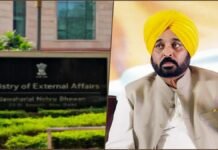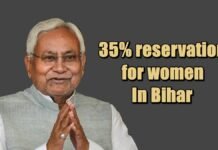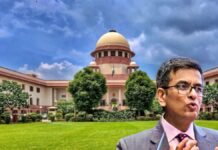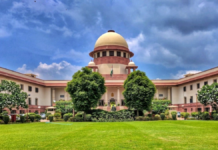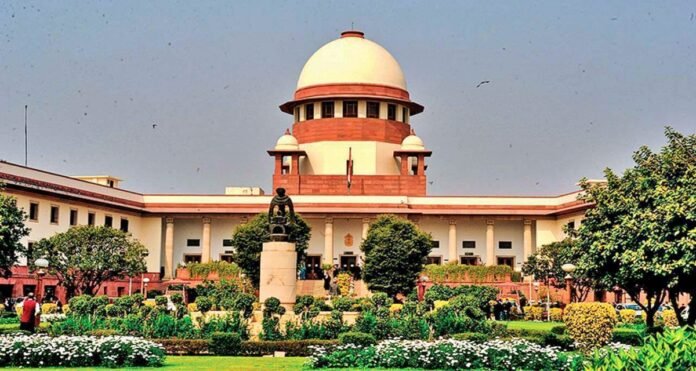
New Delhi: The Supreme Court has upheld the decision of the Central Government to close the notes of Rs 500 and Rs 1000 in 2016 (SC on Demonetisation). While giving its verdict in this matter on Monday, the apex court rejected all the petitions filed against the note ban (SC Upholds Center’s Note Ban Decision). A five-judge constitution bench said that the decision taken by the central government in 2016 to ban 500 and 1000 currency notes was part of the executive’s economic policy, it cannot be reversed now. The top court said in its decision that there was extensive consultation between the central government and the Reserve Bank of India before demonetization. This was not a unilateral decision of the Centre. We believe that demonetization was not affected by the ‘principle of proportionality’.
The Supreme Court also said, ‘RBI has no independent power to decide on a big issue like demonetization.’ That is, it can be understood that the central bank can give its advice to the government, but only the center has the right to take any decision in this regard. Justice BV Nagaratna dissented from the majority view (different from the decision of the other 4 judges) and wrote the dissenting judgment. The 5-member constitution bench headed by Justice SA Nazeer also included Justices BR Gavai, AS Bopanna, V Ramasubramaniam, and BV Nagaratna. For your information, let us tell you that Justice SA Nazir is going to retire on January 4. Prime Minister Narendra Modi had announced in his address to the nation at 8 pm on November 8, 2016, that with immediate effect Rs 500 and Rs 1000 notes are no longer legal tender.
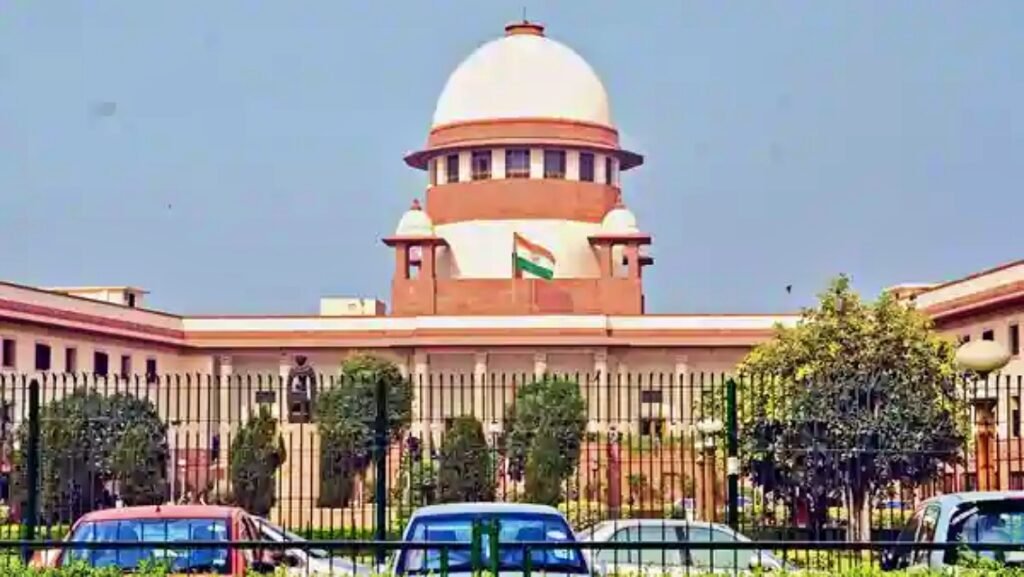
Earlier on December 7, 2022, the court had directed the Center and the Reserve Bank of India (RBI) to produce relevant records relating to the 2016 decision of the government and reserved its judgment. The court heard the arguments of the counsel for the RBI and the counsel for the petitioners during the hearing on the petitions filed against demonetization. Attorney General R Venkataramani presented arguments on behalf of RBI in the Supreme Court. At the same time, senior Congress leaders and advocates P Chidambaram and Shyam Dewan appeared on behalf of the petitioners. Terming the demonetization of Rs 500 and Rs 1,000 currency notes as seriously flawed, P Chidambaram argued that the government cannot initiate any proposal related to legal tender on its own, it can only be approved by the central board of the RBI. Can be done only on the recommendation of.
The central government had opposed the Supreme Court’s attempt to revisit the 2016 demonetization exercise, saying that the court cannot decide a case in which there is no remedy left. It is like trying to ‘turn back time’ and ‘bring a cracked egg back to its old form’, which is not possible at all. The RBI, in its reply to the apex court, had accepted that the demonetization decision had caused some ‘temporary difficulties’ to the people, but it was also an integral part of the nation-building process. The RBI also told the Supreme Court that a mechanism was also put in place to solve the problems faced by the people due to the decision. In an affidavit, the Center had told the apex court that the demonetization exercise was a ‘well thought out’ decision and part of a larger strategy to tackle the menace of fake currency, terror funding, black money, and tax evasion.

